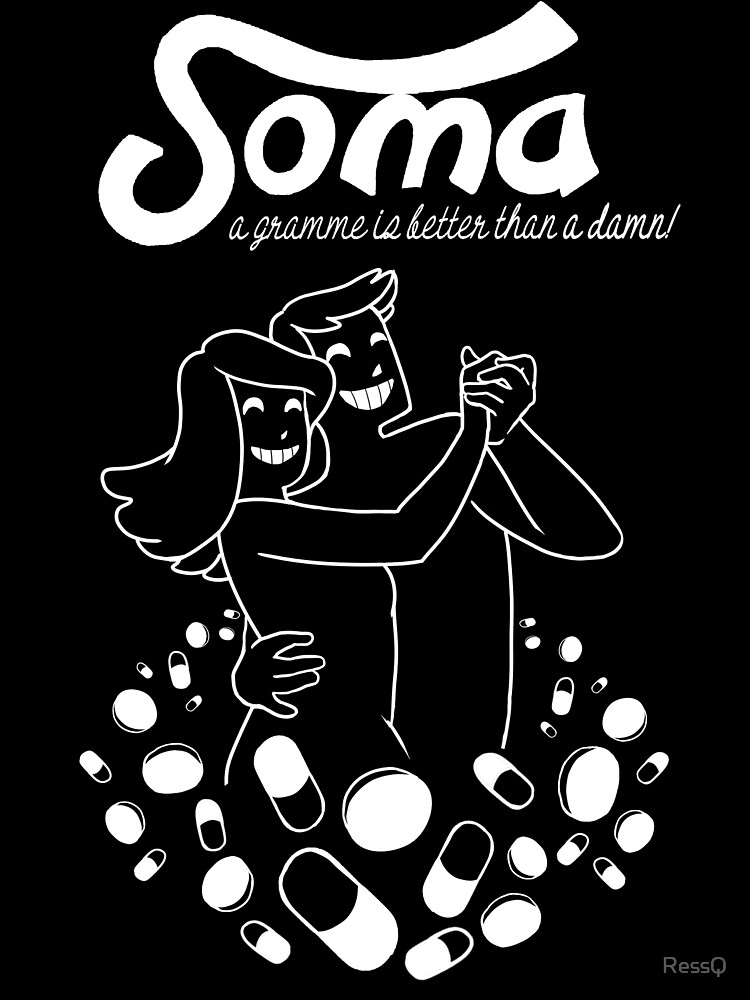Introduction
Times and times again, I see young and middle aged people engaged in what is one of the most modern and dangerous social large-scale experiment of our times: the systematic destruction of boredom.
With the introduction of the TV in the 60s, the PC in the 90s and the smartphone in the last decade, we have changed the main way of consuming information. Western society, based on the written word, re-established its culture on the Image (to explore the details, read the amazing book of Neil Postman). This shift has inevitably killed most of the time we spent alone, meaning solitude, boredom and restlessness. I argue that the unintended effects will be devastating on the mental health of the majority of people. Among the others, I would consider loss of motivation, depression, anxiety and angst as the worst consequences of this

Do you think I am exaggerating the side-effects? Think again. This is just one of the many studies that justify serious precaution against “innocent” screen time. More importantly, these studies are not just ex-post explanation. They are confirming sensations and clues by people that look at teenager a lot of time: teachers. Teenagers are more and more distracted, depressed and cannot concentrate (source). For a more mainstream treatment of the topic, go to the Vox article here.
I will list in this short essay, the common use cases that I see that should be avoided. The phenomena behind them is still not clear to the scientific community. Temporary narrative like mirror neurons, dopamine, the reward system or evolutionary psychology are being used to justify the negative side-effect that are becoming more and more common.
I believe narrative are not needed. Here again, we adopt the via negativa approach. We don’t wait for explanation to avoid side effect of modernity.
We adopt a purely empirical approach: an elimination diet.
The process is as follows:
- Cut the suspect behavior for a limited amount of time.
- See the effect on your body-mind while keeping a journal during the elimination. Usually this periods last at least 30 days.
- Optional step if you need further clarification to associate cause-effect, reintroduce the suspects into your “diet” and see your reaction.
Here however, we are not observing gastrointestinal symptoms but reactions of our mind. To observe these you need to practice awareness. A short introduction can be found exploring the topic of Mindfulness; however, after some years that I am familiar with the concept, I believe that it is vastly more simple than that, as Naval beatifully puts it in this thread.
1/ No apps, no noise, no guidance. Sit in a comfortable position first thing in the morning, back upright, but ok to use cushions etc.. One hour at a time, no less. Just surrender to and accept whatever happens. No energy for and no energy against. Resist and reject nothing.
— Naval (@naval) June 5, 2019
Malpractices
Starting the day with digital stimulation
I bet that 95% of Millenials start their day by looking at the phone. I struggle to imagine a shittier way to begin a fulfilling and cheerful day of work. Whatever you do:
- Looking at text messages and answer them
- Having a look at social media
- Resume the YouTube video you were watching the night before

You are introducing unnecessary dopamine in your mind. It is the equivalent of eating two spoon of sugar before eating a real meal. It annihilates your motivation like it destroys your appetite. Let your mind formulate the goal for the day and start attacking it. If it feels restless, it should be so: you still haven’t done anything.
Do stuff and at the end of the day you will feel at peace.
Looking back at photos
When your mind is not stimulated, it starts wondering. Many times you will recognize going back in times to a particular happy moment. “Let me refresh real quick that memory”. You pick up the phone and you start scrolling the photos. The emotion you were dealing with starts becoming incredibly more powerful. Next thing you know you have just spent half an hour sunk in past memories. Surely enough, you feel a little bit down.
Nostalgia is perfectly normal. What is not natural is amplifying and altering its cycle by artificial digital tools.
The best way to keep you in a slump is looking at the past.
Stop dwelling on emotions too much and start acting and looking at the future.
Letting notifications interrupt your thoughts
I already wrote about notification. I switched them off years ago and I cannot understand how people allow such a brutal interruption to their life. Just turn them off. You think my reaction is excessive?
You basically are allowing a bunch of nerds to decide what you think. It is the closest thing to mind-control.
Moreover, try to perceive your restlessness after your attention is turned once again to what your “friends” posted.
Keeping music always on
Even Puritans loved music and I am not here to downgrade its beauty. The problem with modern days lies on two sides:
-
How music is consumed. Spotify and its fellows allow us to constantly switching track, always trying to hit the next “high”. Have you ever noticed that after while no music satisfies you? That it happens much faster than when listening to a full album?
-
The quality of music. Modern music is like junk food. Produced and processed industrially. Pushed to consumers through aggressive marketing To gorge on classical music results almost impossible as it is while eating for example meat or fish.
These two elements produce and exacerbate in a vicious cycle the very modern phenomenon of listening always to something. From the start of the day, to airpods at work which will impede you accessing deep work, to “relaxing” with music at home and finally to “charging” yourself before a party. More and more living in your own head while manipulating your own emotions.

Let me tell you: regulating your emotions with an external tool is dangerous. You start depending on it. You crave it when you don’t have it. It is called addiction.
If you want to let music inspire you and enjoy its real beauty, I have few very simple rules: Classical Music and no “skipping”. Then I will trust my appetite.
Never stopping conversations
I observe many people, interestingly the majority of it are girls, that seem to never stop messaging with their boyfriend, their friends, their mother,… Life is a never ending conversation with somebody else. It happened to me a couple years ago when I was visiting a deserted island in Brittany, to look at my friend directly streaming the video of the ocean. I started to feel a deep feeling of disgust. We lost solitude. We are like kids crying because we fear the dark. It seems that we fear feeling homesickness, sadness, boredom and all the other emotions that do not correspond to a state of excitement.
Messages can wait. Let your mind wander. Emotions are signals and you should not anesthetize them.


Comments